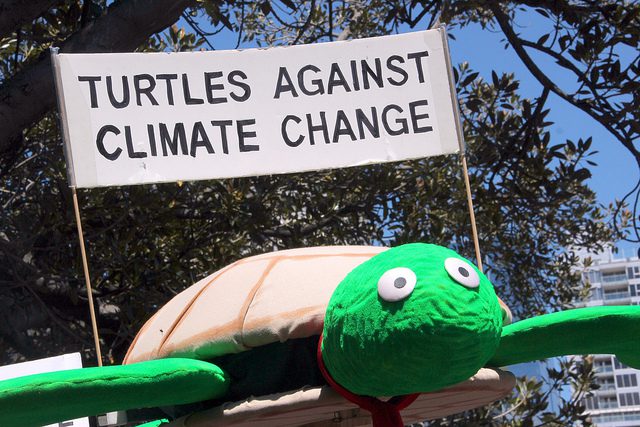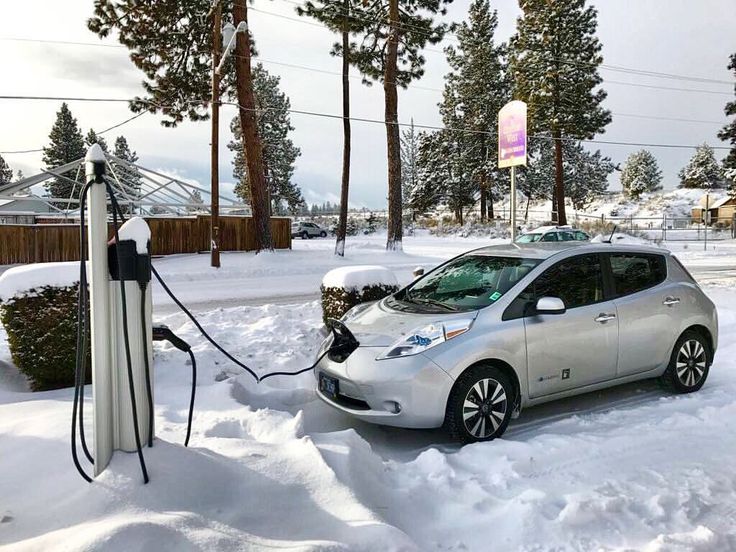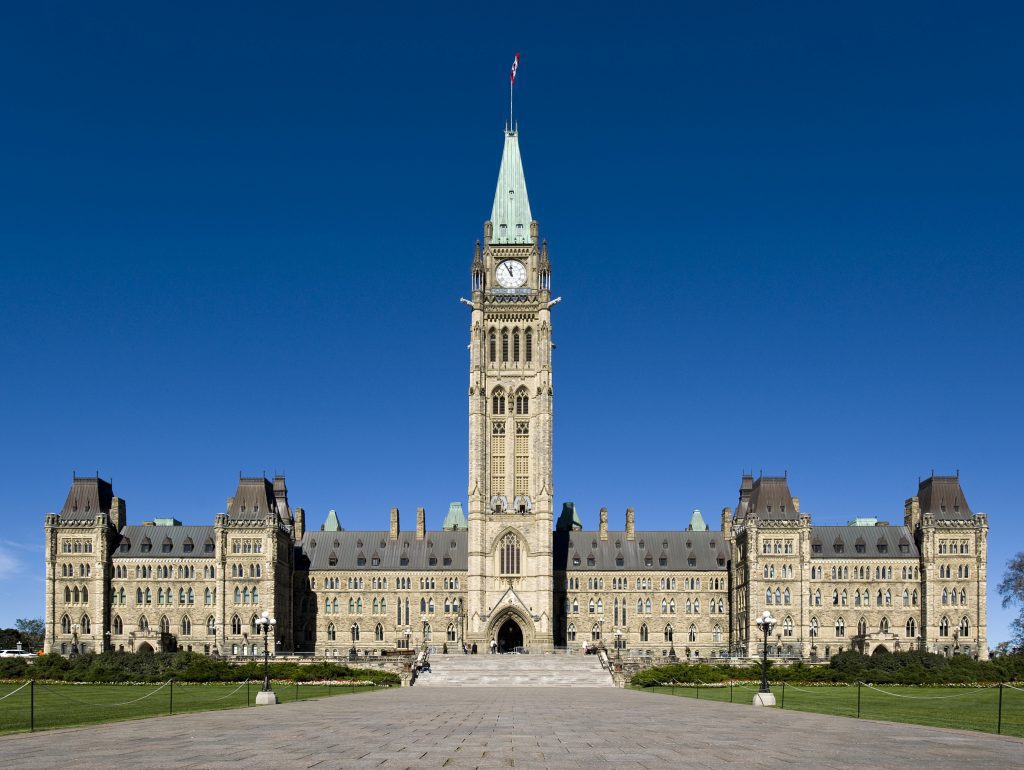So you’ve chosen to act on climate change. Great! Now what? This list contains 11 actions that you can take to make a difference in the fight against climate change. We want to help you to act and inspire others to do the same.


1. Walk, cycle, or take transit instead of driving.
Transportation is the biggest contributor to carbon emissions in Ontario – over 35 percent. Most of these emissions are from passenger vehicles, so start by considering the impact of your everyday journeys.
2. Limit your consumption.
Modern consumer culture promotes the constant purchase of new things and disposal of old. ‘Reduce’ is the most important part of the mantra ‘reduce, reuse, recycle’. Consider buying second hand items when you need something new, or borrowing items for occasional use.
3. Reduce your food waste…
…and buy local to reduce the miles your food has travelled. In 2015, carbon emissions from the waste sector accounted for approximately five percent of Ontario’s total greenhouse gas emissions. When you buy local you are also supporting farmers in your region and keeping land in food production instead of being converted to subdivisions.
Watch chef and food activist Joshna Maharaj give her tips for loving local eating:
4. Use less energy at home.
25 percent of carbon emissions in Ontario come from heating and cooling our homes and buildings, so making your house more energy efficient is a great way to limit your impact. Getting a smart thermostat will help you lower your energy use and lower your energy bills. You can also lower your heating by a couple of degrees, turn off your air conditioner when it’s not needed, or hang drying your clothes instead of using a dryer.
5. Limit your air travel.
Taking one round-trip transatlantic flight can represent up to one-third of the average Canadian’s carbon emissions for an entire year. If you can avoid flying with alternatives like rail, or even enjoying a staycation, choose the lower carbon option.


6. Give your home an energy retrofit.
You can drastically reduce your carbon footprint by improving your insulation, replacing an inefficient furnace or fitting new energy efficient windows. Start with a home energy audit to find out what needs to be done first.
Read about Millstreet Brewery’s CEO Steve Abrams experience of home energy retrofits.
7. If you have to drive, consider an Electric Vehicle or Plug In Hybrid.
Thanks to Ontario’s low-carbon electricity supply, these can reduce your carbon emissions from transportation by up to 90 per cent compared to a regular car. Consumer Reports also says that they will cost you 50 per cent less in repairs over the vehicle’s lifetime. And of course you will pay much less for electricity for your car than for gas.


Six things you need to know about Electric Cars in Canada: Your questions answered
8. Use renewable energy.
Emissions from Ontario’s electricity sector have fallen in the last 10 years, but creating your own renewable energy goes much further. You can do this by adding solar hot water or photoelectric panels to your roof, or investing in community solar or wind projects if you don’t have access to a roof. Adding solar panels reduces our reliance on fossil fuels and contributes to the move towards a fully renewable energy future.


9. Eat less meat and more plant based foods.
The meat industry takes up huge amounts of land and contributes considerably to global greenhouse gas emissions. Commitments like Meatless Mondays, or reducing your meat consumption to at most one meal per day can have a big impact. Eat more plants, and try growing some of them yourself.
Urban farmer Ran Goel offers advice on how to fight climate change with your food choices.
10. Ask your political representatives to do more to fight climate change…
…and support the efforts they are making. Sign petitions. Write to your MPP, MP, and local representative, and ask them to support policies and plans to meet our climate targets. The more they hear from you, the more they’ll know that it’s a priority for their constituents.
11. Vote for the environment.
When the time comes to vote – whether it is municipal, provincial or federal – vote with the environment in mind. The more we vote for politicians who take climate change seriously, the stronger actions elected governments are likely to take to fight climate change.








